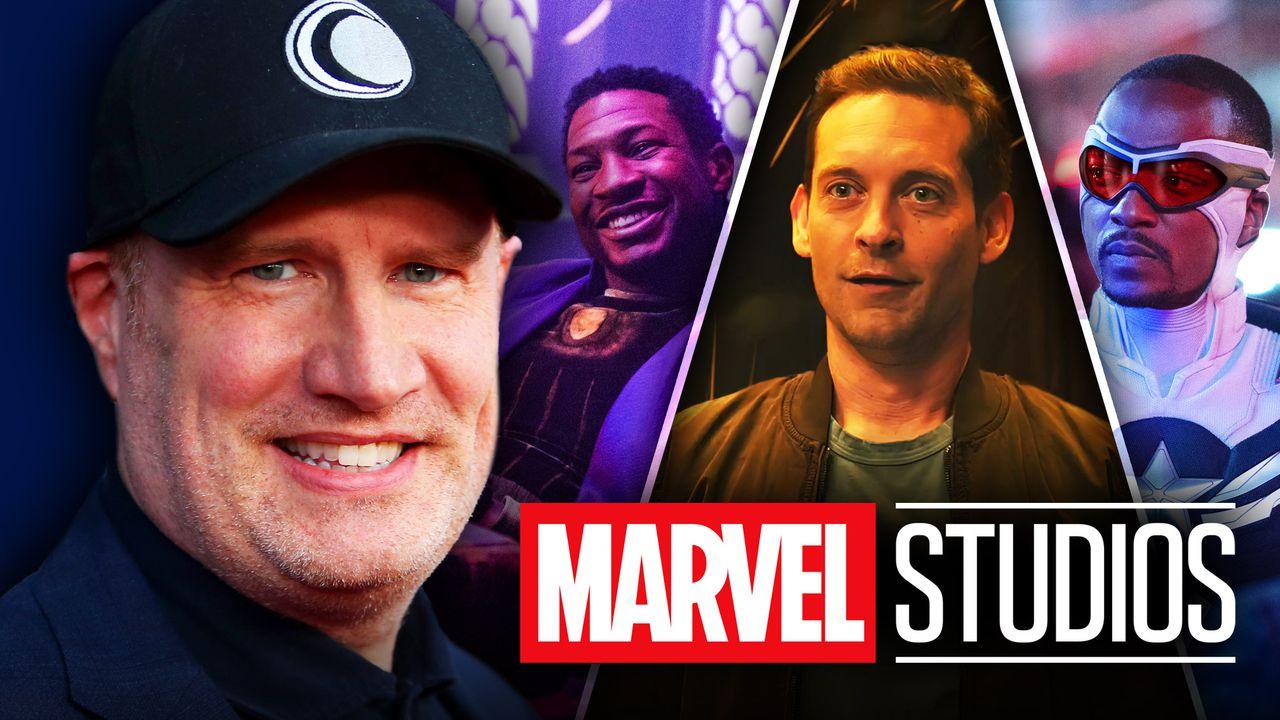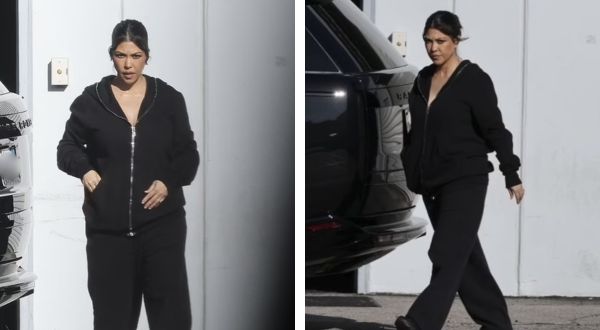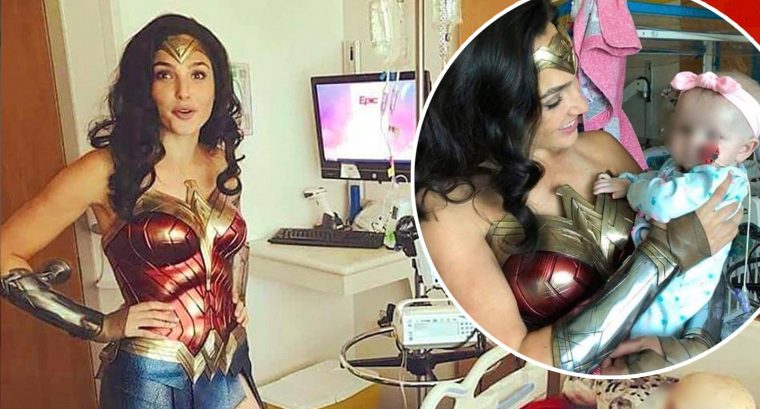As spoilers have become more common in recent years, Marvel Studios adopted new measures to prevent internal MCU leaks.

This particular problem has long been part of the fandom experience, and it’s a reality that Marvel Studios president Kevin Feige confessed is largely unavoidable.
However, due to the steady stream of leaks leading up to Spider-Man: No Way Home and Doctor Strange in the Multiverse of Madness, Marvel has taken steps to limit these leaks coming from in-house.
Marvel Studios’ Efforts to Limit Leaks

In talking about Marvel’s test screening process to Deadline’s Crew Call podcast, Nate Moore, Marvel Studios’ Vice President of Production and Development, explained how the red brand is taking efforts to prevent spoilers.
When asked who’s allowed to attend a press screening, Moore shared that Disney employees usually get an email asking, “‘Do you want to see a screening?'” but “They never know what it is:”
“Yeah, so essentially, not to get too much in the soup, but all Disney employees, they get an email blast, ‘Do you want to see a screening?’ They never know what it is.”
Moore shared that, in times past, those employees could bring friends. But now, that’s all changing because, “frankly, people leak and it sort of ruins it:”
“And they… [before], they could bring friends. I think we tightened up a bit, because frankly, people leak and it sort of ruins it for everyone. But they show up, and then we say… we literally have the same guy who asks the questions. His name’s Andy, he’s fantastic. And he goes out front and he says, ‘You’re one of the first audiences to see pictured movie, Black Panther: Wakanda Forever.’ And sometimes people are really surprised, ‘Oh, that’s the one I wanted to see.’ And sometimes, they’re really confused, ‘What’s Eternals about?’”
As for how many employees attend a screening, the Marvel Vice President admitted that “it’s small:”
“And it’s small. It’s not a 350, 360 body… screening, it’s typically between 80 to 100. And we do that three to four times a movie, I would say. And the only comps we use are our movies. So we can kind of see how it’s fallen between Iron Man and Captain America, you know what I mean? We’re not trying to comp off of Creed, or Speed Racer, or things that aren’t our movies, which is helpful for us, just to see where things are landing.”
Usually, Moore revealed, “first movies struggle,” but with “sequels, you get a little bump.”
“I will say typically, first movies struggle, because most people aren’t as familiar. So, they’ll go, ‘Oh, Captain Marvel, I’m not sure. I wanna see Iron Man.’ Okay, that’s fair. And typically sequels, you get a little bump, because people are already, ‘It’s Black Panther, I like that anyway,’ you know what I mean? So that’s the one group.”
The other group? That, according to Moore, is the Marvel Studios “Parliament” whose responses to MCU films are “pretty unvarnished:”
“And then we have an internal group, who has been called Parliament for reasons that are too goofy to get into. But it’s just all of us who make these movies and shows. And you get a pretty unvarnished response to your film that is not motivated by other than, we all want everything to be great.”
The benefit of having two screenings, Moore explained, is that Marvel gets a “cross-section of ideas” and when “both groups are saying the same thing, hey, that’s a problem:”
“And I think between those two groups, you get an interesting cross-section of ideas. And you definitely know when both groups are saying the same thing, hey, that’s a problem. Sometimes, you’ll get more producer notes versus normal people notes and you have to decipher which one is valuable or if they can co-exist. But it is an interesting process and it has not led us astray so far.”
This isn’t the first time audiences have heard about this type of policy. Marvel Studios actually employed this same method for Avengers: Endgame in that only Marvel and Disney employees could attend screenings and no “plus ones” were allowed. If Marvel kept this rule in place following the 2019 film, it’s possible that the policy has become even more strict since then.
Marvel Needs Screenings, But Will the Policy Work?
Even though, as Kevin Feige admitted, spoilers come with the territory, it’s good to hear that Marvel Studios is doing all it can to stem the flow within the company.
With these stricter measures, coupled with the fact employees are returning to the office instead of working from home, in-house leaks of the likes of Spider-Man: No Way Home are hopefully at an end.
At the same time, it’s fascinating to hear the value of screenings from the perspective of a Marvel Studios executive. While showing a film early is a risk, it’s a worthwhile one to ensure the overall quality of a film apart from its twists and turns.
Still, it is interesting to note that amidst the screening crackdown, a number of Marvel Studios’ Phase 4 films and series have been met with mixed responses from audiences. Whether that’s due to the limited attendance or pure coincidence is unknown.
It’s also worth noting that Marvel Studios’ first Phase 5 film, Ant-Man and The Wasp: Quantumania, has been undergoing reshoots despite the film’s rapidly approaching release date. Could this be due to feedback from Marvel’s Parliament screenings? It’s a question that fans may never know.
What audiences can watch for is whether Ant-Man 3 resonates with audiences and if leaks are kept to a minimum leading up to its premiere. If so, the studio’s double screenings and strict attendance policy can be ruled a success.
Ant-Man and The Wasp: Quantumania arrives in theaters on February 17.
source: thedirect.com








